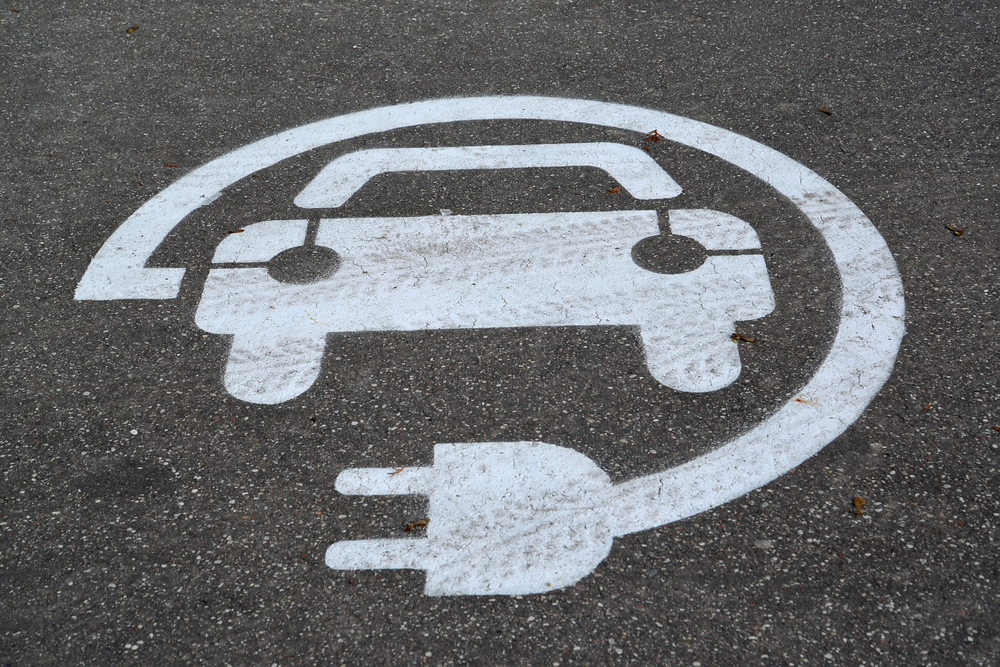Huawei considers launching new plant in Uzbekistan

Huawei Digital Power, a subdivision of Huawei responsible for green power, electrification of transportation and green infrastructure development, is going to assess the possibility of starting production of solar station inverters and electric car battery chargers in Uzbekistan, according to the country’s Ministry of Energy.
The cooperation between the two sides was discussed during a meeting of Jurabek Mirzamakhmudov, minister of energy in Uzbekistan and Yao Jing, vice president of Huawei Digital Power for the Middle East and Central Asia, who visited Tashkent, Uzbekistan.
«During the meeting, the two sides shared their opinion on what they can do to boost the development of renewable energy in Uzbekistan. For example, they discussed the application of digital technologies for small solar panels used in households, public buildings and social entities and big solar stations. They paid particular attention to the potential production of power inverters and electric car chargers within Uzbekistan as well as building a strong partnership with countries that have already achieved big progress in the introduction of solar solutions and personnel training,» the ministry said in a statement.
In February 2023, Mirzamakhmudov visited Huawei’s headquarter and its power inverter and battery production plant in Shenzhen. According to Huawei, its products helped to produce more than 695.1 billion kilowatts per hour of green power.
During that visit, the Ministry of Energy of Uzbekistan and the Chinese consortium of Huaneng Renewables Corporations and Poly Technologies signed an agreement on the construction of two two-gigawatt solar power stations in the Jizzakh and Tashkent regions of Uzbekistan. These $2 billion stations are expected to start operating this year, although they will reach their full capacity in 2024. In addition, the ministry has signed a memorandum with CEEC ENERGY CHINA, which has agreed to build three two-gigawatt solar power stations in the Qashqadaryo, Bukhara and Samarkand regions.
These efforts of Uzbek officials followed President Shavkat Mirziyoyev’s order to facilitate the introduction of renewable and energy-saving technologies. On February 16, 2023, the president signed an edict that requires the country’s cabinet to build facilities capable of generating 4.3 gigawatts of renewable energy. This includes several big solar and wind stations, solar panels installed on public buildings and households and solar facilities run by local entrepreneurs.
Uzbekistan is ready to allocate for this purpose roughly $15.4 billion, including $1.1 billion and $2 billion at the expense of bank loans and international financial organizations, respectively.
The country has already established YashilEnergiya, a new company that will be responsible for the installation of solar panels on roofs of public buildings and social facilities. The company will be able to rent specific parts of such buildings with no fee and purchase equipment and details needed from any domestic or foreign vendor.
This year, the government is going to mount solar panels on 37,000 households. In order to persuade people to take part in the state program Solar House, the government will pay people $0.088 for every kilowatt they generate and transfer it into the national energy system. Moreover, all homeowners who agreed to install a solar panel will be exempt from property and land taxes starting from April 1, 2023.
In December 2022, Uzbekistan reported problems with its energy supply due to abnormally cold temperatures. The country even suspended its gas exports to China, although this didn’t help. The authorities were forced to temporarily stop sales of liquefied gas for regular motorists and limit gas supply for commercial enterprises.

